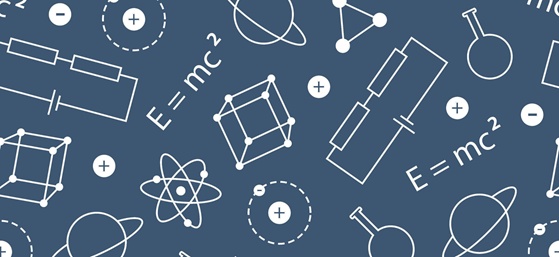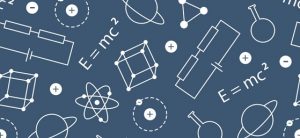The other day, I was thinking back to this lesson a few months ago in Pre-Cal where my teacher was explaining linear and angular speed. I’m not some nerd who just thinks about random lessons from class for fun, but there were some words my teacher shared during this lesson that stuck withme.
He went into detail about how angular speed effects the equipment sports players use. He ended his lecture by saying, “I don’t want you to be golfers, swimmers, baseball players, but understanding how it works and having this knowledge is what education is.”
Whoa, right? This made me think about how students always say, “what is the point of this? I’m not going to need this in life.” I then heard my teacher say how knowing this helps you appreciate all things. Then it hit me. THAT’S IT! This is the answer you guys, or at the least my answer for that question.
You may never need to calculate angular speed, but someone else will. You will be able to understand and talk about it with sports players in their choice of bat, and mathematicians in their calculations.
Education takes you places. How many times have you been in a room with people you felt were a million times over smarter than you? You hear a conversation and have to say to yourself, “Well I guess I have to sit out for this one.”
I can tell you my own personal answer, and it’s a lot of freaking times. Like almost all times.
Education is supposed to be what separates us from being a children because we can now discuss subjects we learned from several years over time with refined and eloquent speech.
I know sometimes the education system sucks. We usually get taught to a test, but you still have a choice in how much you value the information that comes your way and whether you retain it.
Most of the time we are in it to simply pass, or get our rank up, and sure you beat the system, but you may just be failing yourself.
First off, if you decide to further your education afterwards, your habits now do not fly in any post-secondary education institutions.
My physics teacher, Mr. Delacruz was talking to me the other day and he said something like “studies show that just showing up to school makes you smarter.”
Honestly, I’m not going to claim this to be true. Partially because I couldn’t find a study on google that says so, but also because I trust him. He majored in physics, come on. I kind of thought this at least has to be half-true.
It made me think about this book I read titled Blink and it’s by Malcolm Gladwell and you should totally read all of his books like I did. The book talks about how your mind picks up things all the time whether you’re conscious to it or not.
The book is mostly about our snap choices and judgments, but it talks about this thing Gladwell calls Thin-Slicing, which is basically your mind making conclusions and decisions based off of what it picks up in pattern.
This can explain you knowing really random facts or formulas because your teacher consistently taught it, or in the book’s case the way we treat people based on first impressions and even racial prejudices.
It’s cool because this shows how even limited knowledge can go a long way, and that is basically the title of chapter one. Even when you aren’t paying attention, your mind is, and it picks up very valuable information.
I know sometimes math is just hard to understand and especially when you can’t see how knowing algebra will help you in the real world, but problem solving is valuable. I completely believe if you can get through trigonometry and solve and prove those functions, you can have the patience to handle most things in life. And that is what your mind will pick up: how to stop, break it apart one by one in a calm and efficient manner, and then bring it all back together.
Additionally, being able to discuss these topics helps us empathize with others of different interests and gives us different points of views. Many people in general don’t value the characteristic of empathy enough and how education has a big part in it.
When you are informed, you are able to have deeper level conversations which are so fun and refreshing, and it opens you up to more opportunities of learning and growing.
My Pre-Cal teacher, Mr. Lopez concluded his lesson by saying “knowing about all things helps you appreciate.” After that, I really just wanted to slow clap him back to his seat because this is a beautiful statement.
Education isn’t just about formulas or even just yourself. It plays a huge role in the way you appreciate and treat situations and people in the world.
When you see a physicist, you will remember high school physics and how hard it was and understand all the hard work that goes with things that you would never do but others will. It helps you put yourself in their shoes and appreciate all of the dirty work they do to improve and contribute to our world, and that is something special.
This may not be the education system’s purpose in teaching you, and it may be still messed up, but having this perspective makes it much more bearable, and will be some type of motivation to continue.

